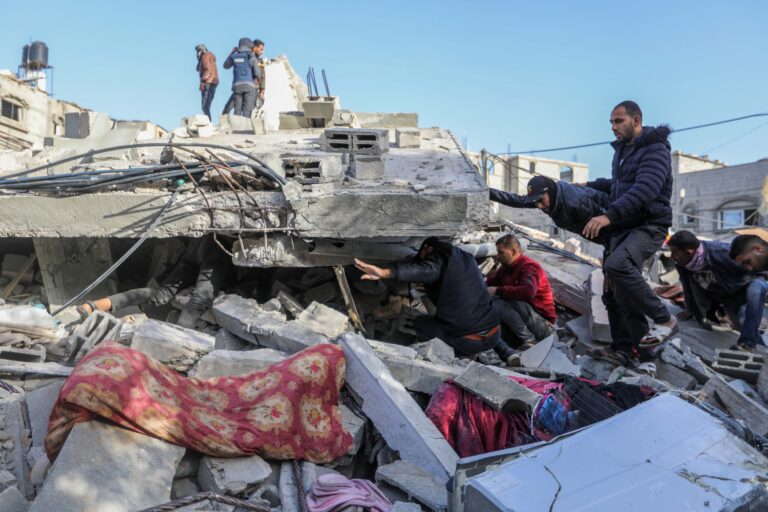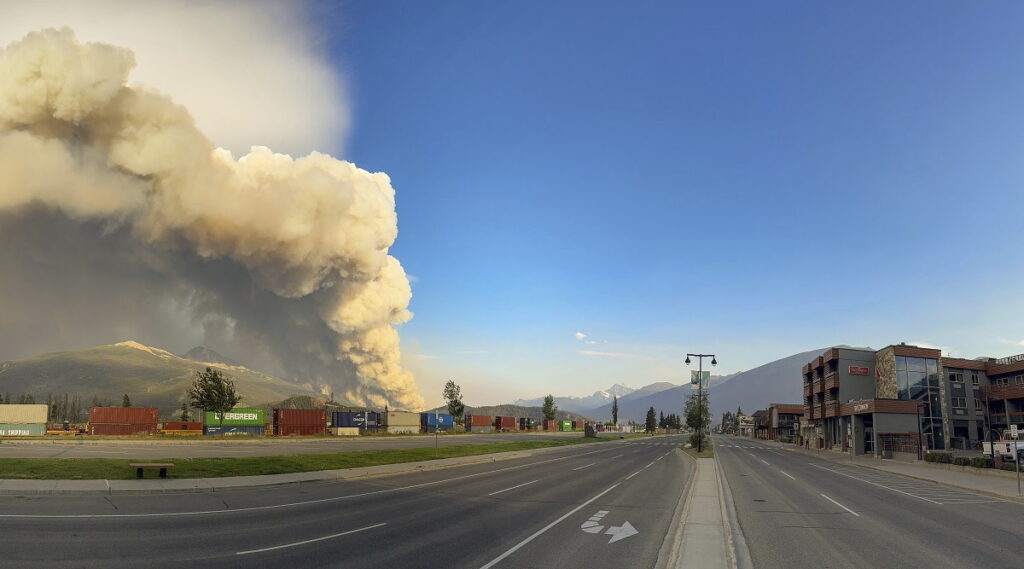A Hamas delegation has reportedly arrived in Cairo, Egypt, raising hopes for a potential ceasefire in the Israel-Gaza war. According to an unnamed US official, Israel has “more or less accepted” the proposed deal, which includes a six-week pause. This period aims to facilitate the release of additional Israeli hostages and Palestinian prisoners.
The urgency for a resolution heightened following the incident outside Gaza City on Thursday, where at least 112 people lost their lives as crowds rushed an aid convoy. Hamas accuses Israel of shooting at civilians seeking food, a claim denied by Israel. On Sunday, Israel stated that an initial review suggested its troops had fired at “several individuals” approaching them, with most deaths attributed to the resulting stampede.
Egyptian officials, who have been overseeing discussions with Qatar, have announced the anticipated participation of delegations from both Hamas and Israel in the upcoming negotiations.
Hamas has conveyed that a potential agreement on a truce could materialize within the next 24 to 48 hours. A source from the group informed Egyptian media that the deal’s realization hinges on Israel’s acceptance of its demands.
Notably, expectations for an agreement were elevated after a senior US official stated that Israel had essentially accepted the framework for a six-week ceasefire.
The Israeli military initiated a comprehensive air and ground campaign against Hamas following an attack in which its gunmen killed approximately 1,200 people in southern Israel on October 7, taking 253 individuals as hostages back to Gaza.
According to Gaza’s Hamas-run health ministry, the ongoing conflict has resulted in at least 30,410 casualties, including 21,000 children and women, with 7,000 reported missing and 71,700 injured.
Calls for a ceasefire have intensified in response to warnings from aid organizations about the imminent risk of famine in northern Gaza. Jan Egeland, the head of the Norwegian Refugee Council, recently completed a three-day visit to the territory.
Expressing the severity of the situation, Mr. Egeland conveyed to the BBC on Sunday, “I was prepared for a nightmare, but it is worse, much worse.” He described the desperate pleas from the people he encountered, stating, “People want to take your hand, saying ‘we are starving, we are dying here.'”
“I believe there is a famine in the north,” stated Jan Egeland, emphasizing the absence of aid for 300,000 people living amidst ruins, with Israel restricting the passage of any assistance.
Following Thursday’s incident with the aid convoy, the US conducted its inaugural airdrop of humanitarian aid for Gaza. Three military planes parachuted in over 30,000 meals on Saturday.
Meanwhile, Israel reported an intensive series of air strikes in the southern Gaza city of Khan Younis on Sunday, with the exact number of casualties remaining unknown. Additionally, Hamas reported at least 11 casualties from an Israeli air strike at a displaced people’s camp in Rafah, southern Gaza, on Saturday.



























